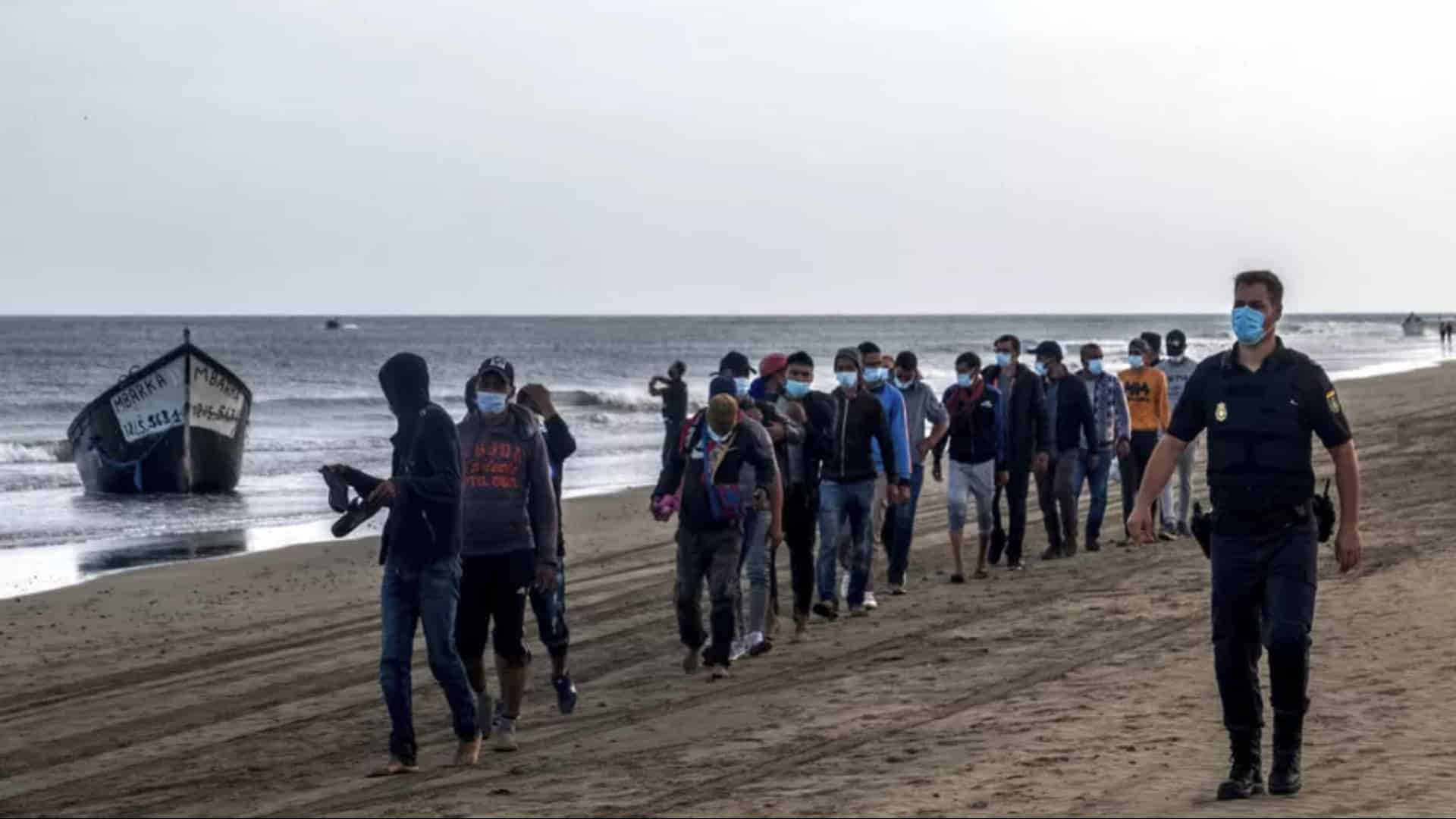Former UK Prime Minister Boris Johnson faced a second day of intense questioning at a public inquiry, where he defended his decisions during the country's second wave of Covid, including the choice to delay a national lockdown. Johnson, who has been under fire for alleged indecisiveness and a perceived lack of scientific understanding, addressed criticism regarding his use of the phrase "let it rip" and his preference for a regional approach over a nationwide "circuit-breaker" lockdown.
In response to inquiry counsel Hugo Keith, Johnson justified his decision to opt for a regional system of restrictions in October 2020, citing the uneven distribution of the virus across the country. The former prime minister emphasized that implementing a "circuit-breaker" was not a straightforward solution but rather an immensely difficult and costly exercise, with repercussions that disproportionately impacted the most vulnerable in society.
Facing scrutiny over his handling of the pandemic, Johnson navigated questions about the effectiveness of the chosen strategies and the considerations behind them. The public inquiry seeks to shed light on the decision-making process during critical phases of the pandemic, addressing concerns and criticisms that have emerged, particularly from former aides.
As Johnson robustly defended his approach, the inquiry provided a platform for a comprehensive examination of the complex challenges faced by the government during the second wave, offering insights into the decision-making dynamics that shaped the UK's response to the evolving crisis.




















